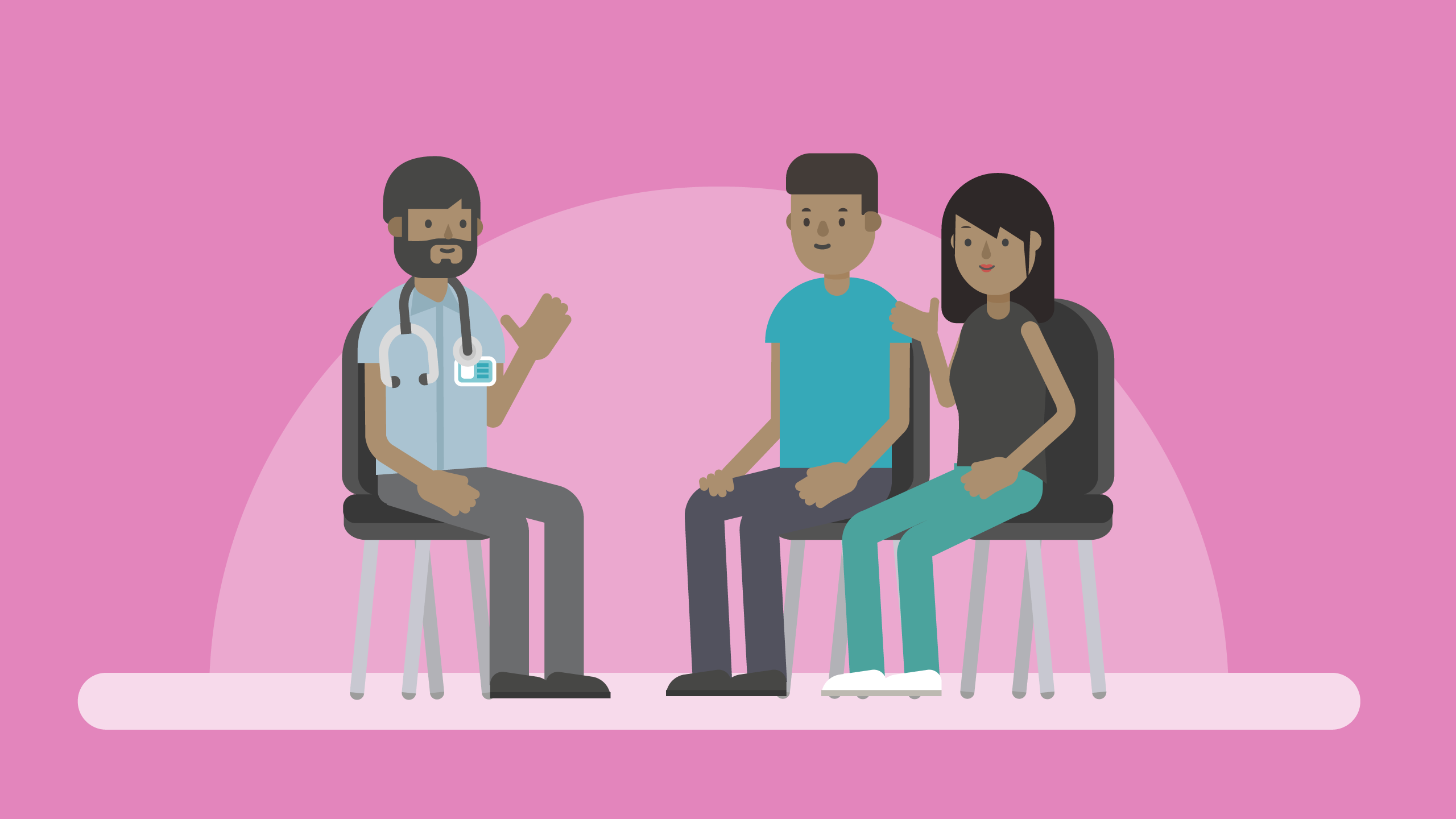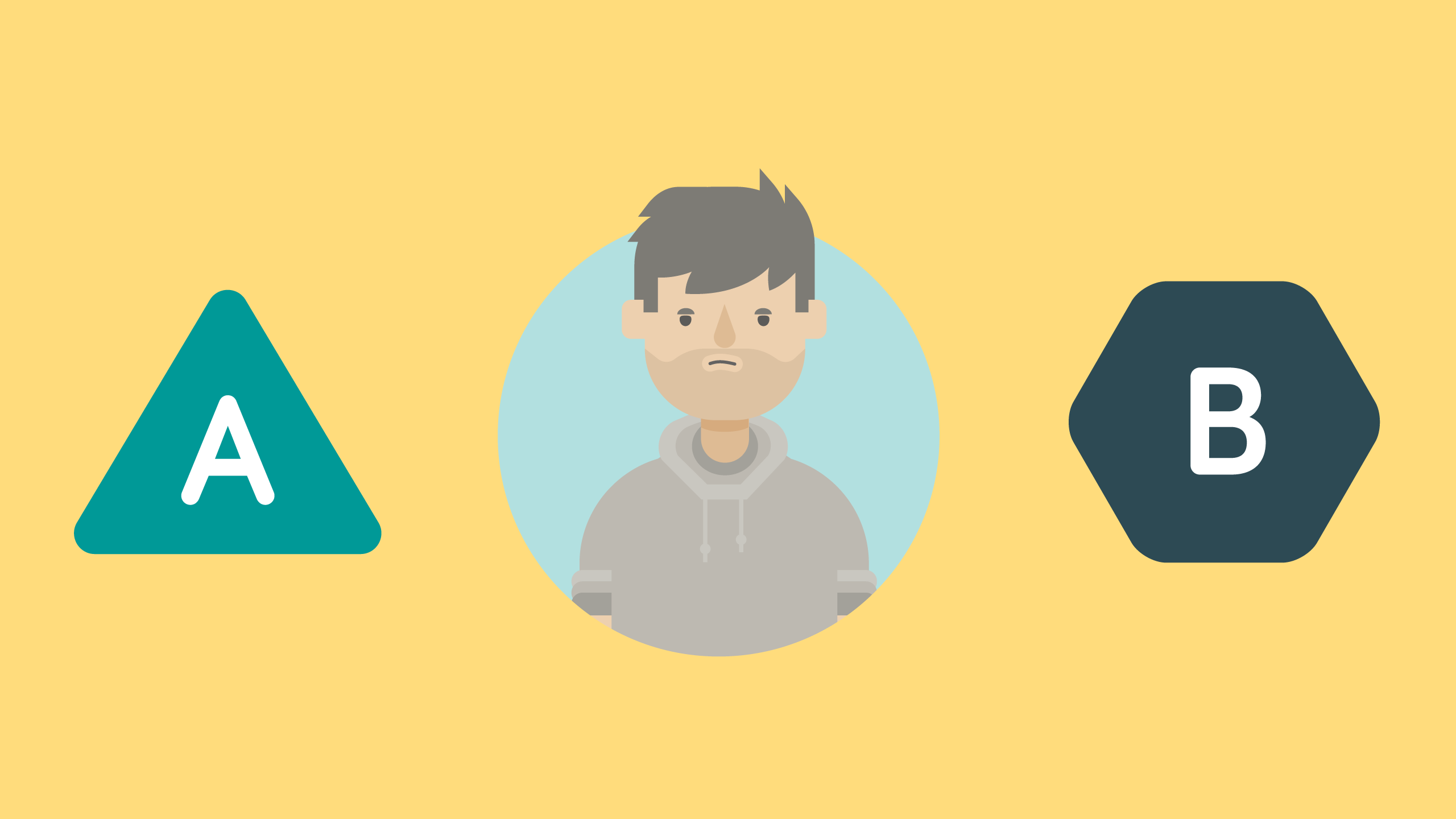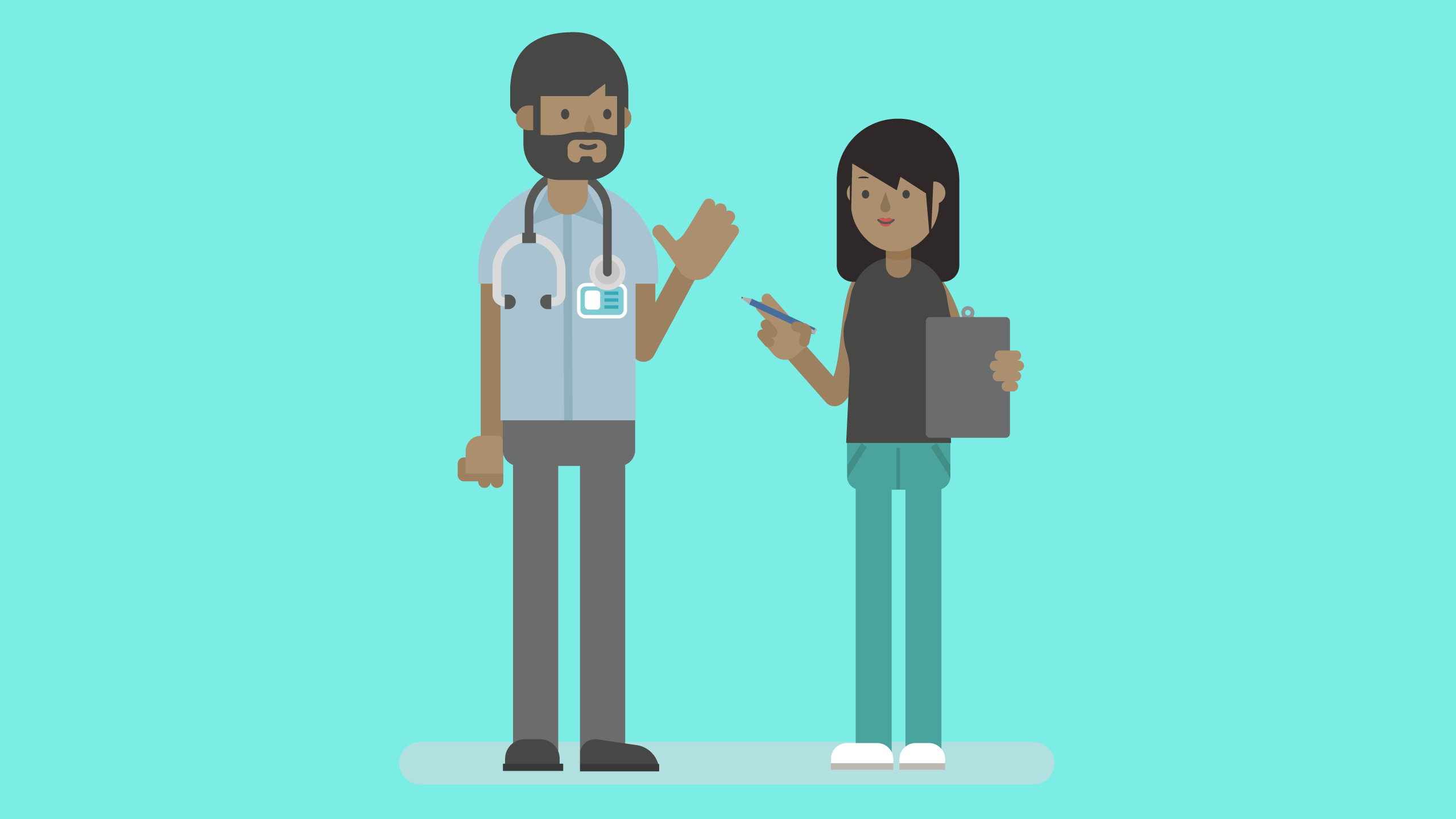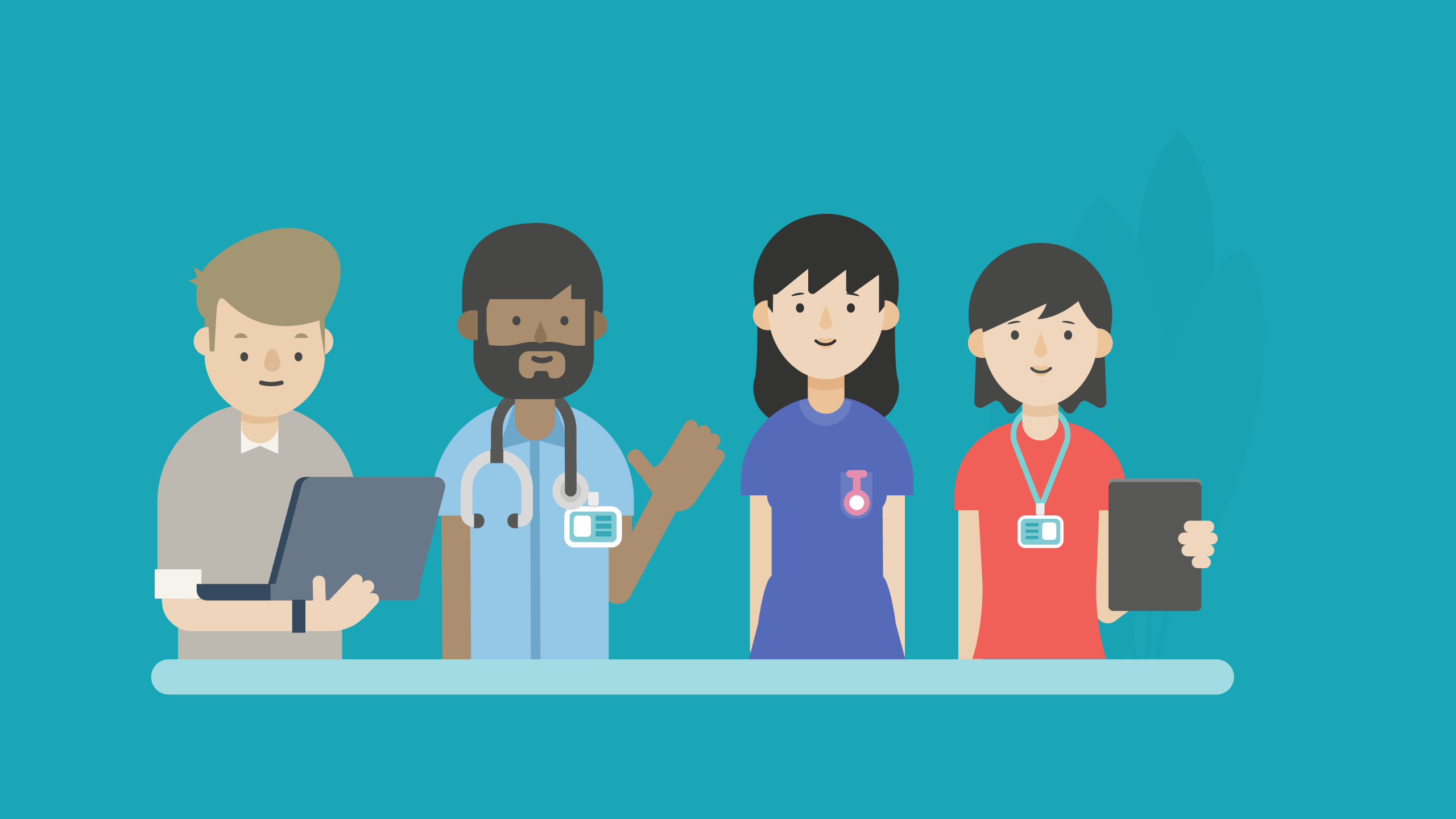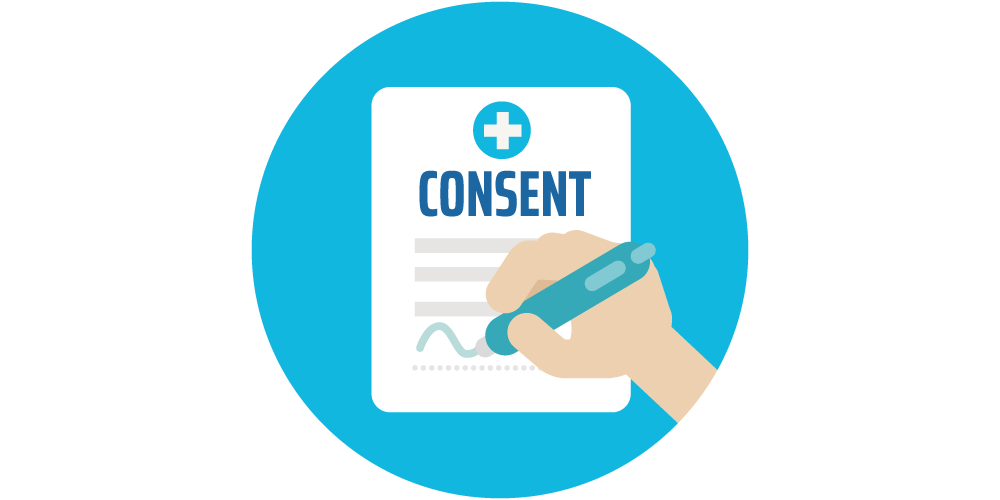
HUSH Patient Information
Taking Part: What would taking part involve?
If you decide you would like to be involved in the study you will be asked to sign a consent form.
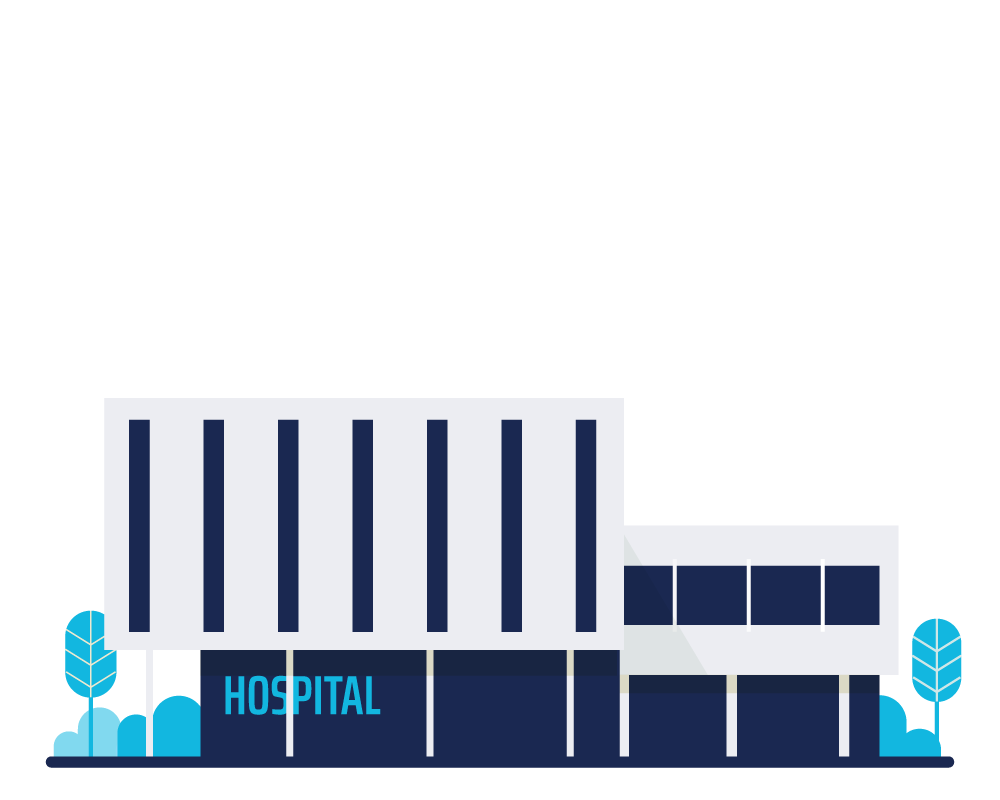
Getting started
As you have broken your upper arm you are eligible to be a part of this study.
We expect that at least 24 hospitals across the country will be recruiting patients into the study and we hope to recruit at least 334 patients with a similar injury to yours.
If you decide you would like to be involved in the study you will be asked to sign a consent form. If this is not possible to carry out face-to-face we can arrange for this to be done virtually.
We will collect some basic information about yourself including contact details, a brief medical history and details of the injury. We will then ask you to fill out a questionnaire which will ask you about your arm function and how you were feeling before you sustained the injury. This will take approximately 20 minutes to complete.
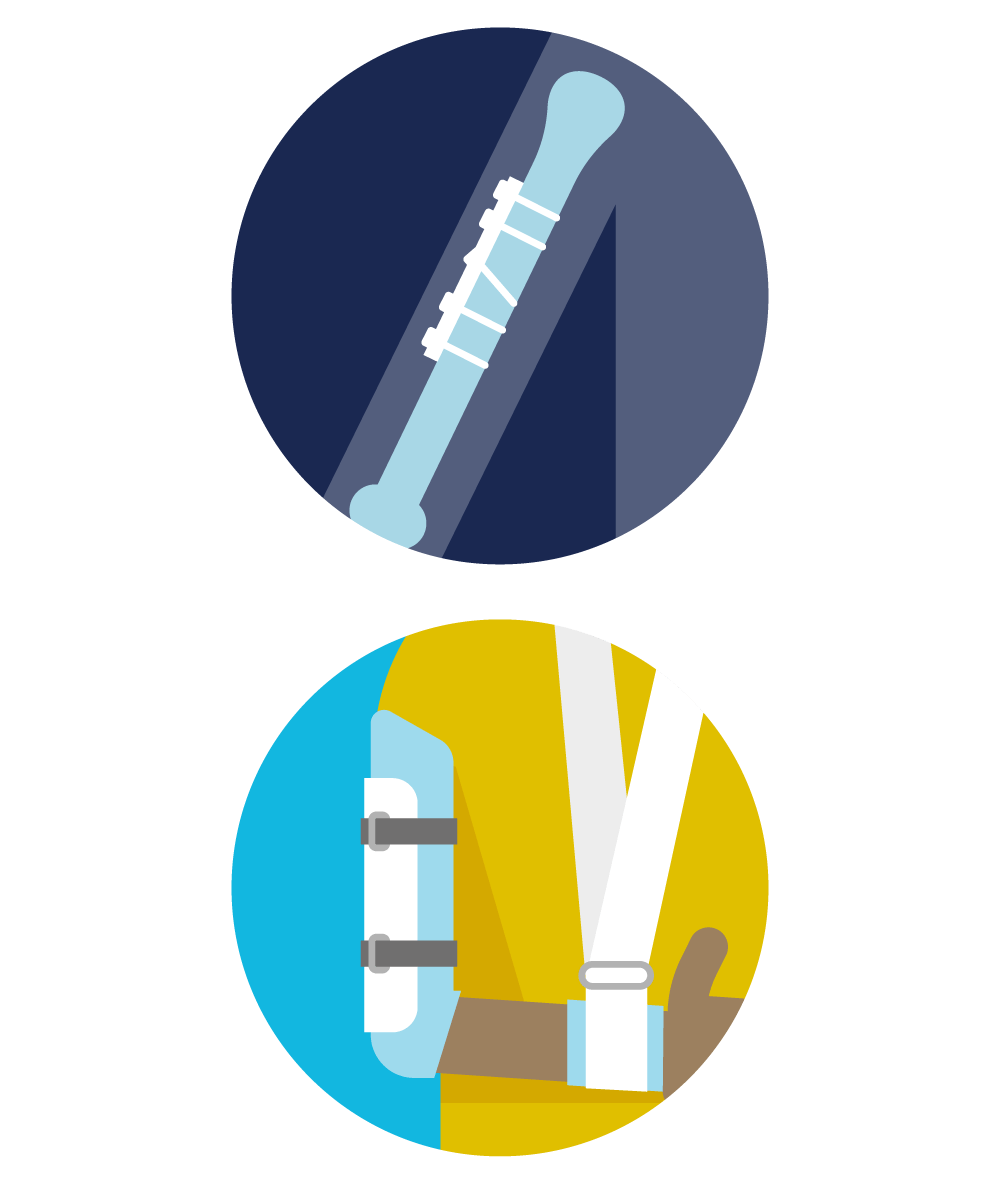
What is the treatment?
You will then be treated with either:
Surgery: If you are to be treated with surgery then a date will be arranged for you to come into hospital and have an operation. The process of the surgery, its risks and benefits will be explained to you by your surgical team, just like it would be if you were not part of the study.
A brace: If you are to be treated in a brace, you might have a cast applied in the outpatient department to start with and be brought back each week to have the cast/brace changed or adjusted, or you might immediately receive a brace depending on local hospital procedures. This process is just like it would be if you were not part of the study.
In this study we use a process called randomisation to allocate you to your treatment. This means there should be similar people in each of the treatment groups (things like age and sex) and any difference we see is truly because of the treatment. We use a computer to allocate subjects to one of the two treatments so the participant, nurse and doctor are not subconsciously biased in the decision they make. When we compare the two groups it is a fair comparison of the treatments.
Will there be extra medical procedures?
No. This study asks you some extra questions, and makes use of the routine information that your doctor collects, but we will do no additional tests.
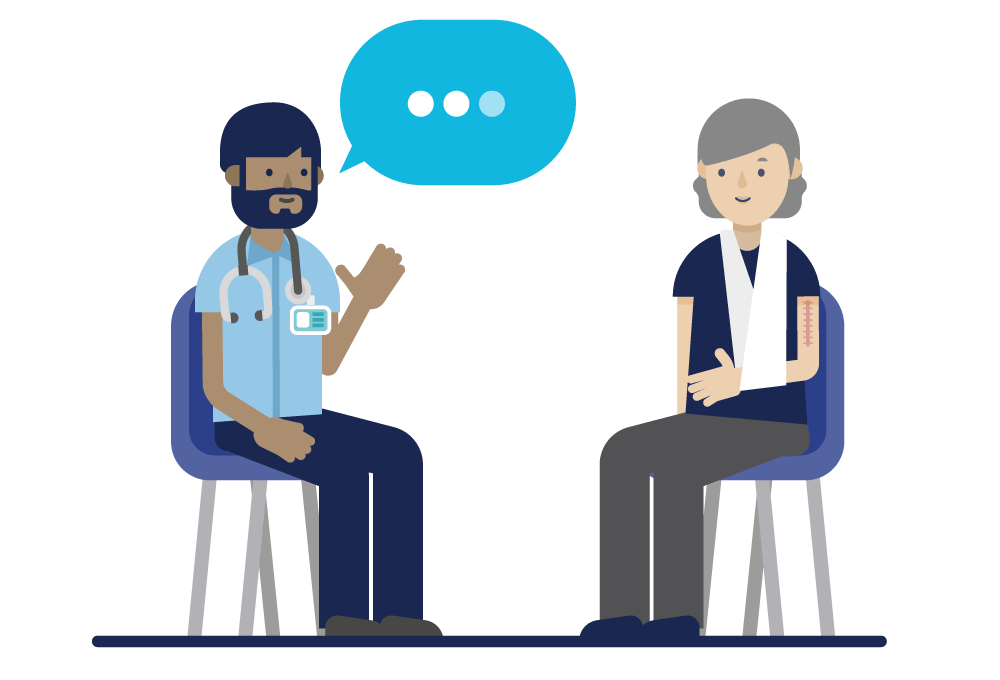
What happens during recovery?
After discharge, you will be followed up according to the usual schedule at your hospital, in the same way as patients who are not in this trial would be.
Your hospital doctor will arrange to see you at regular intervals for routine check-ups.
The research team at your hospital will document how your recovery progresses over the next 12 months by obtaining relevant information from your hospital records. This will include information about how long you spent in hospital, what treatments you required and how well you recovered.
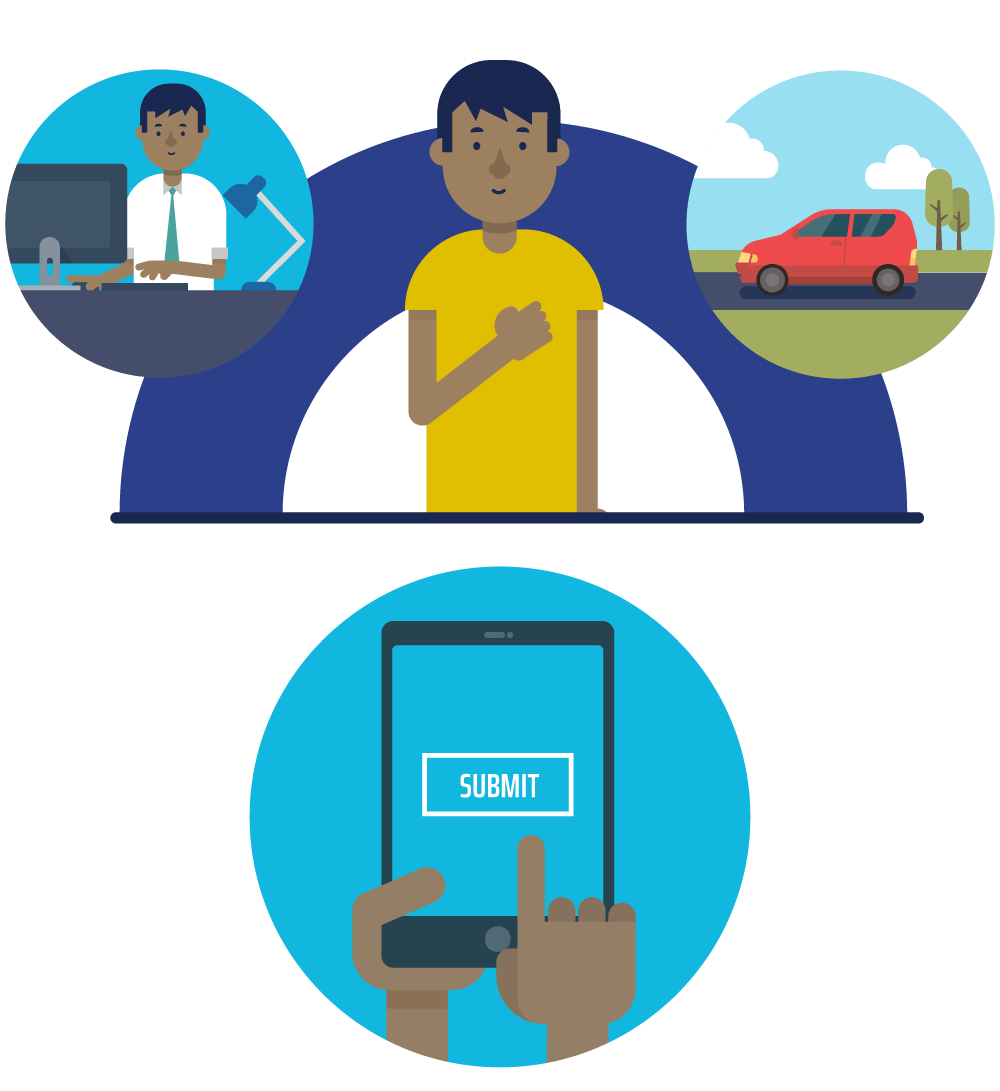
What else will I have to do?
The only additional commitment we would ask of you, would be to complete a questionnaire on several occasions during your recovery.
Each week, for the first 8 weeks, we will ask you three brief questions about how much pain you are experiencing and if you have gone back to work and driving (if relevant to you).
A brief questionnaire will also be sent to you on 5 occasions over the first year after your injury (4 weeks, 8 weeks, 3 months, 6 months and 12 months after your injury). The questions will be very similar to those asked at the start of the study. It should take you no more than 10-15 minutes to complete the questionnaire.
We will send you a web link to access the questionnaires electronically by email and/or text message. We would appreciate completion of the questionnaires as soon as you receive them. If we haven’t heard from you after a few days, we will send you reminder emails/texts and we might give you a phone call to make sure you are able to access and complete the questionnaires. Alternatively, if you have any difficulty with the completion of the questionnaires you would always be free to ring or email the research team who will be delighted to help.
